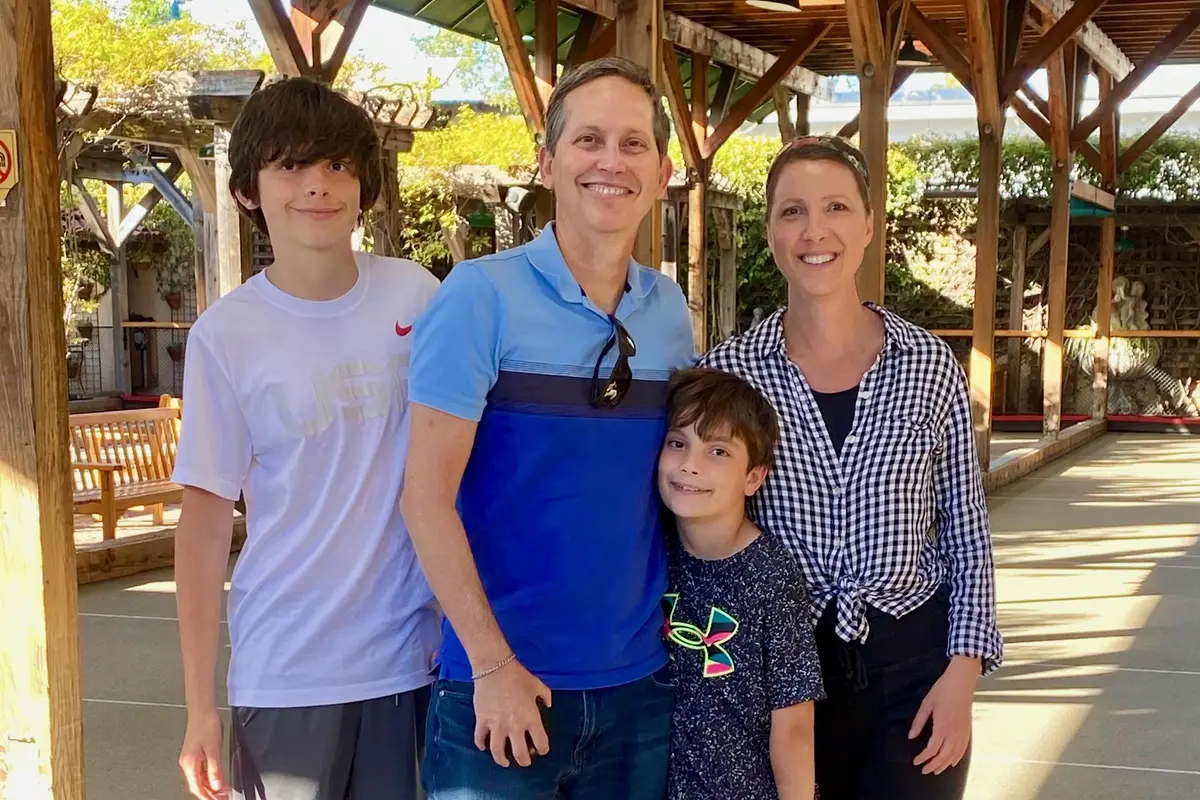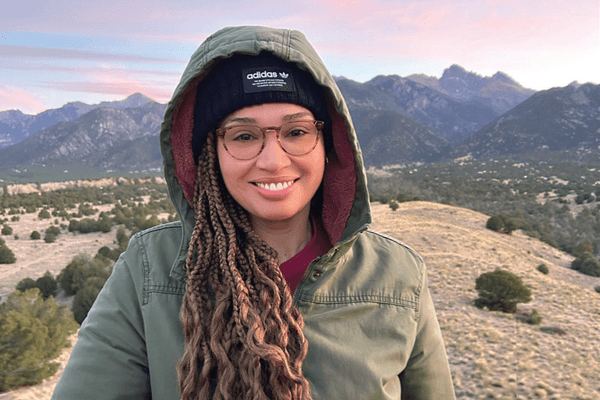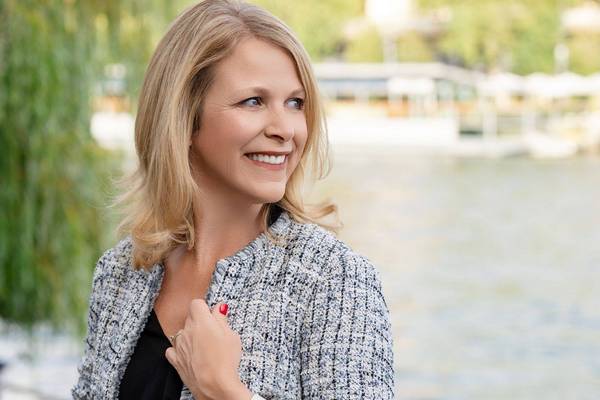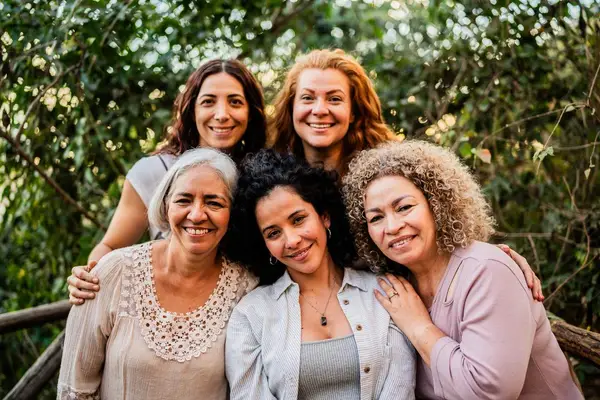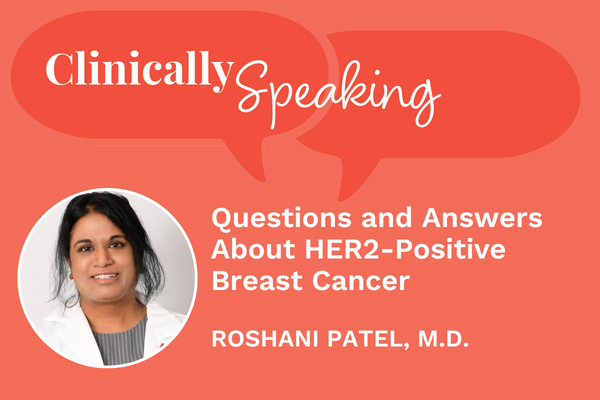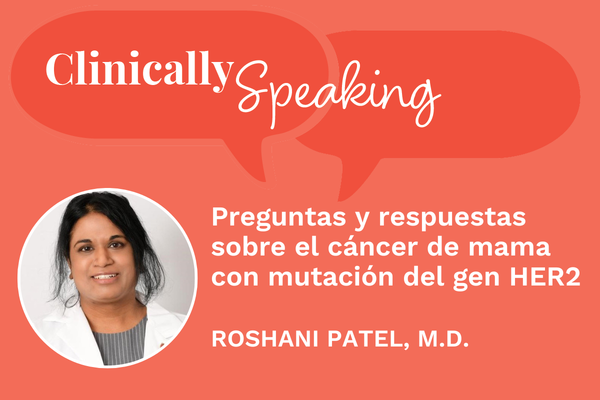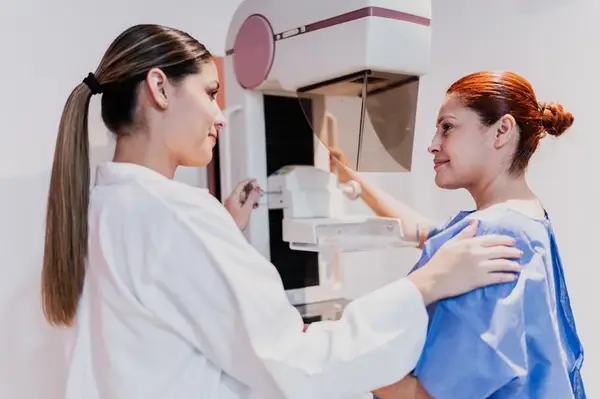When I found out I had breast cancer, I decided to be open about my diagnosis. I wanted my interactions with people, even those on the outer rungs of my social circle, to be authentic — a quality I didn’t think I’d convey with an undisclosed elephant-sized cancer diagnosis in the room. Messages of support poured in. People wanted me to know I would beat it because I was strong, a fighter, a warrior even. The day I got my mediport — the quarter-sized device that would sit just above my heart to deliver toxic but necessary chemotherapy into my bloodstream — my surgeon looked me dead in the eye and said, “My job is to get you locked and loaded to kick cancer’s ass, and when you’re done I’ll take the damned thing out.”
All around me was a belief that my strength to slay some metaphorical dragon-shaped malignancy would determine my outcome. But what if I was terrified? Instead of sharpening my sword, I cried as I made a file box for my husband of our life together: our children’s medical records, personal contacts, passwords — just in case. Instead of suiting up in armor, I tore through my closet and tossed party dresses and strappy tops (remnants of a pre-diagnosis life) into a pile destined for the Goodwill. Despite my early-stage diagnosis and my doctor’s assurance that my cancer was curable, I wasn’t sure I believed in my own survival. But if I didn’t feel strong, would the rapidly dividing cells in my body sense my weakness and seize the opportunity to spread?
I already knew the answer because I know the truth about cancer warriors. My mother died of cancer when I was 9 — the same age my youngest son is now. When my heart aches with want each time I kiss him goodnight, there is no fiber in my being that doesn’t believe that, if attitude and determination had anything to do with survival, my mother would still be here. But it’s not a fair fight. Besides, no study has been able to find a correlation between positivity or warrior mentality and outcome.
There are a dozen types of breast cancer with as many variations. When it comes to diagnosis and treatment, every body is different. Sometimes cancer cells respond to treatment. Sometimes they keep multiplying. Other times, they hide only to return later and become incurable. Even doctors don’t fully understand why one person goes on to live a life with no evidence of disease (NED), and another doesn’t. Hereditary factors like gene mutations are responsible for only 5%-10% of breast cancer; the rest of the time, it just happens. The best defense in this “fight,” as we are determined to call it, is a good offense, which is why early detection like self-exams and yearly mammograms are crucial. Beyond that, we have very little control. Still, we refer to people with cancer as bravely fighting because it helps to believe mindset can influence outcomes.
Warrior language makes a person with cancer feel like a lone soldier when a life-threatening diagnosis is lonely enough. What if instead of othering language, others were strong for us?
Like the friend in remission who stocks your freezer with bone broth before chemo begins because she knows what’s coming. Or the one who wears a raincoat in the shower and washes your hair after a mastectomy leaves your arms useless and your chest too bruised to move. The one who picks up your kid and sends sun-streaked pictures of his chocolate ice cream smile — of him existing in a world without the weight of cancer on his small shoulders. The one who strings lights on your Christmas tree, making sure there’s not one missed branch. The friend who names the creepy wig-wearing mannequin head in your oncology office “Gertie,” so this bodiless, fake woman can become a part of a text thread that will span months of treatment. The friend who, when you tell her chemotherapy makes water taste like the worst kind of rancid metal, proclaims, “We hate water now!” and leaves bags of juice, Gatorade, and tea on your porch. The husband who takes on not only child-rearing and household responsibilities without complaining but hides your chemo bag in his closet because, while he doesn’t understand it, he knows the sight of anything from the infusion center will spur instant waves of nausea. The balloons and “You Did It!” sign in your driveway on the day of your last chemo. The unwavering strength all around you, even when you can’t find any in yourself.
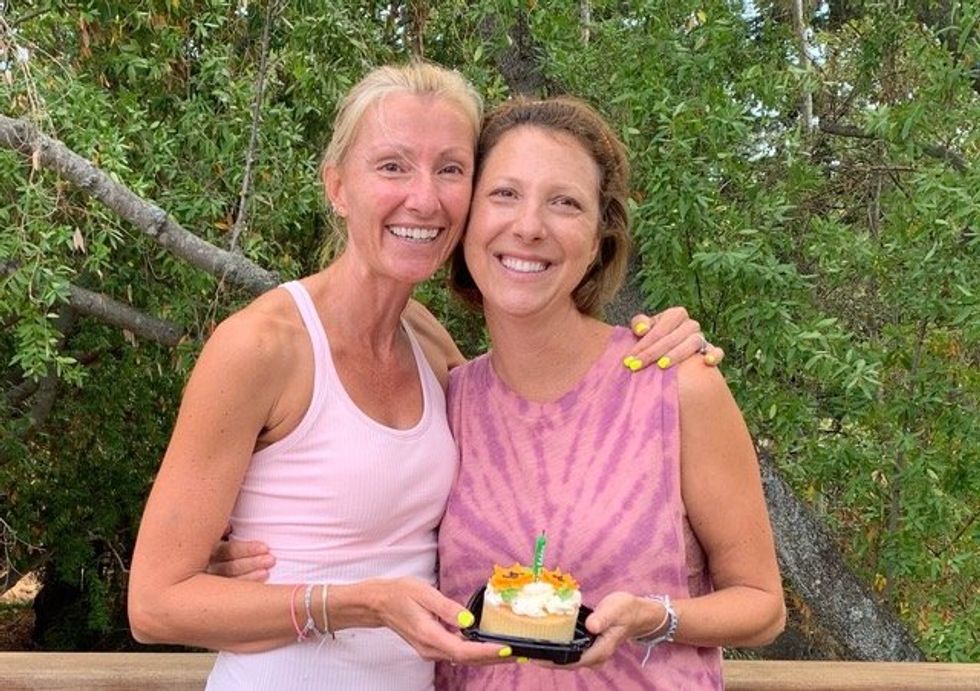
When I finished treatment and had my mediport removed, I felt superstitious. I know cancer is not an if-then scenario. Removing my port doesn’t ensure cancer won’t come back. But my doctor was right in that I got through treatment and returned to him somehow changed — as though I’d been through something combat-like. Living with a breast cancer diagnosis means I’ll continue taking medications, receiving bi-annual infusions, and seeing my oncologist. If this is a battle, it’s one that’s ongoing. One I will never feel I can fully declare victory over.
For me, the metaphorical dragon to be slain is not the cancer but the life-altering reality of living with it — no matter the outcome. The battlefield isn’t chemo wards and radiation tables but sofas in living rooms, backyard swing sets, passenger seats of cars, porches bearing ginger ale and saltines. Maybe the most warrior-like thing any of us can do — cancer-haver, family, friend, partner — is sit in the discomfort of the unknown and say, I’m here now. No matter what.

